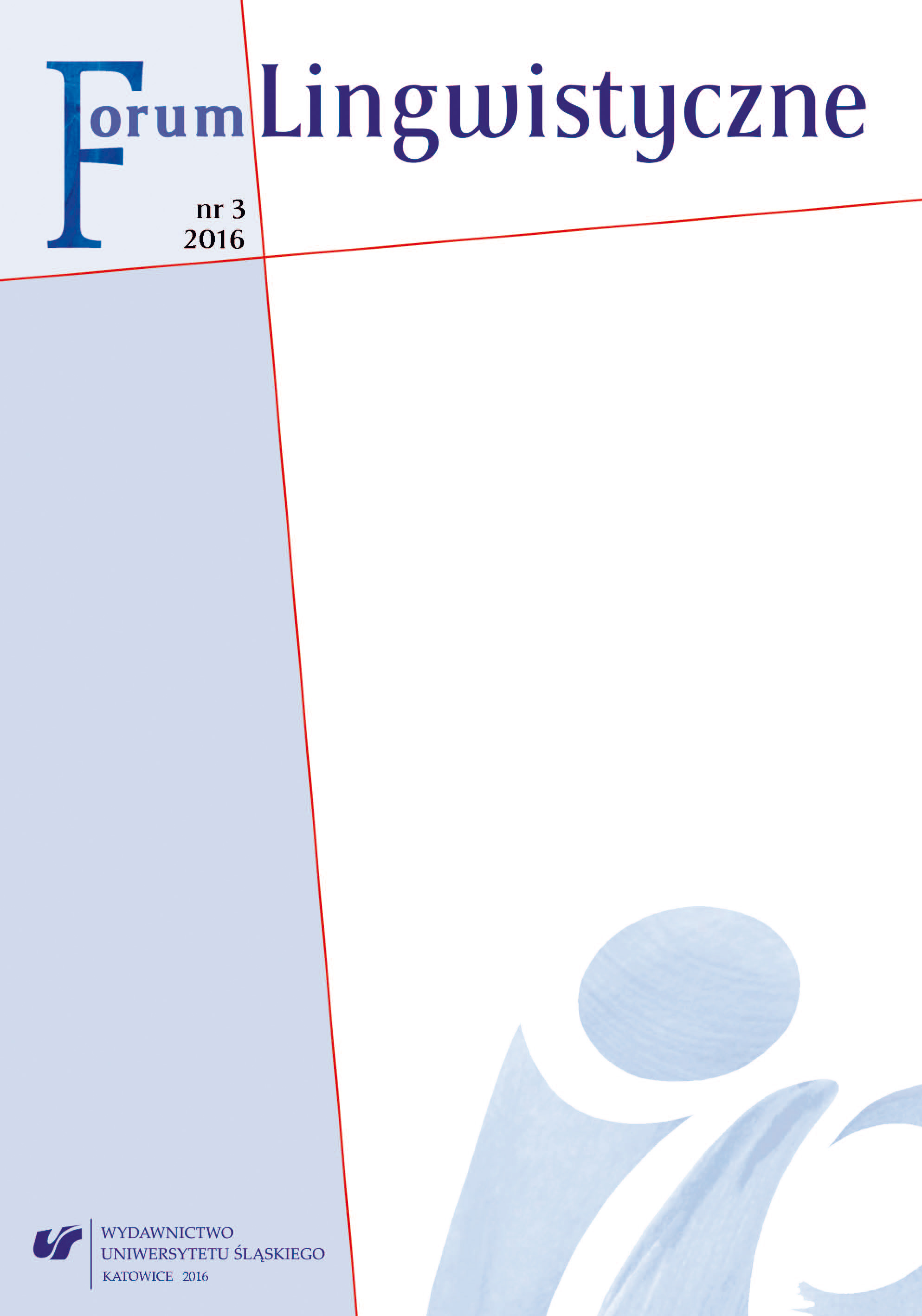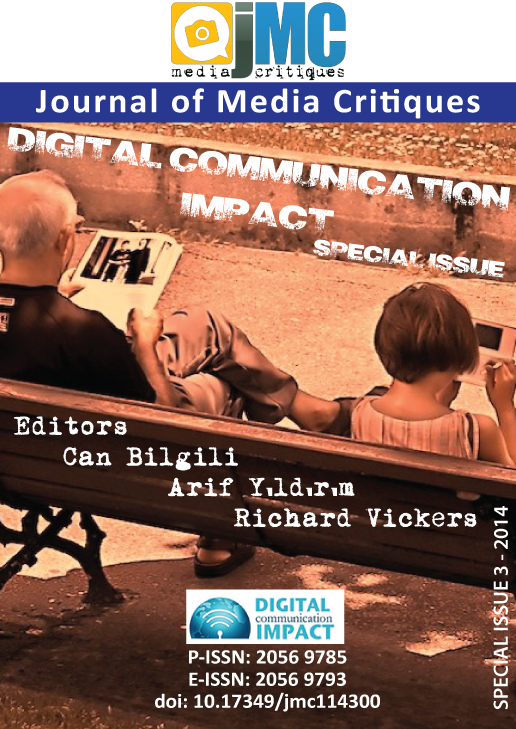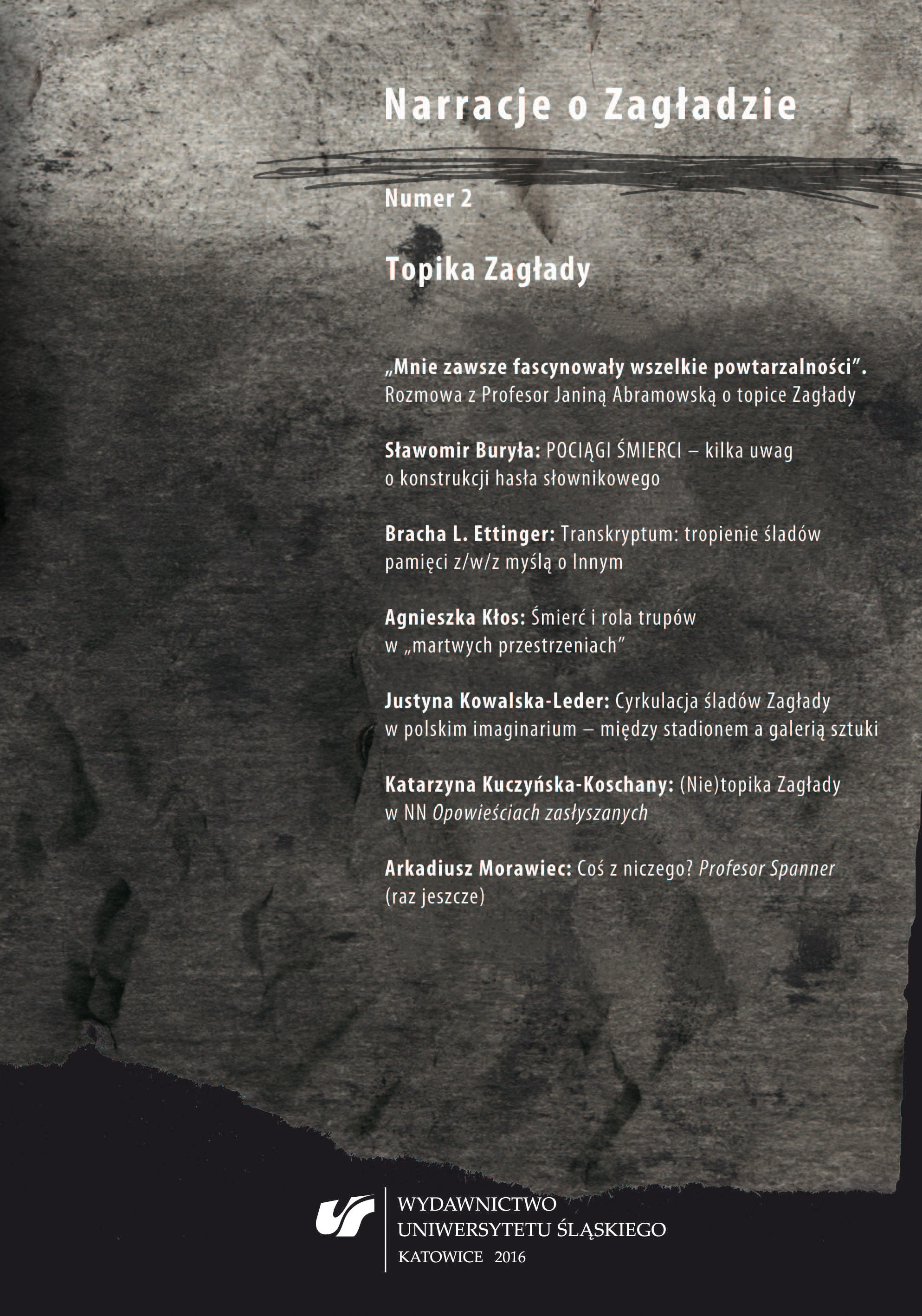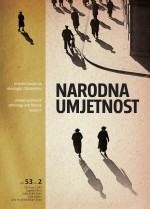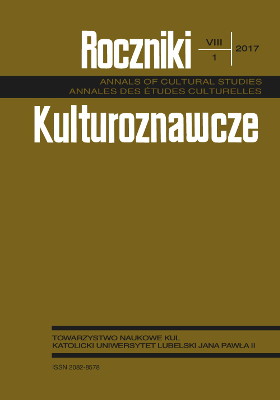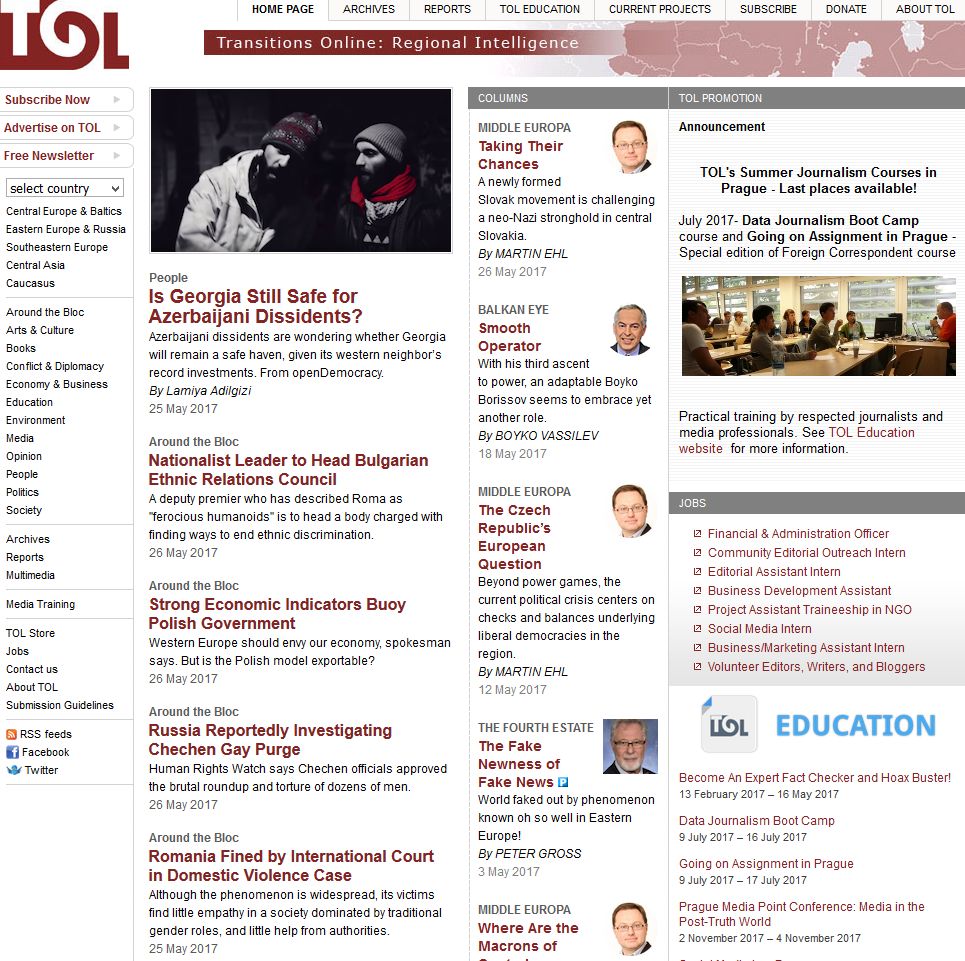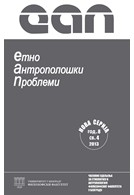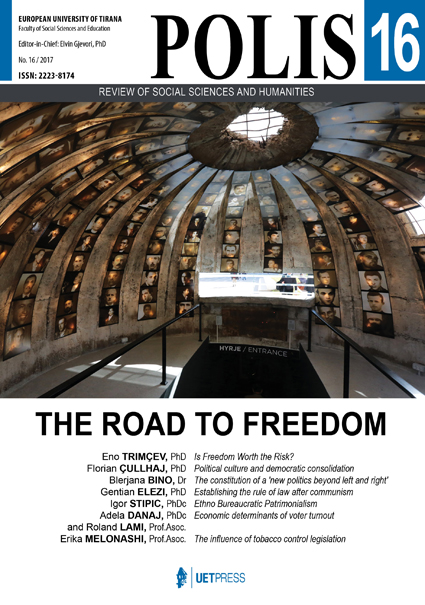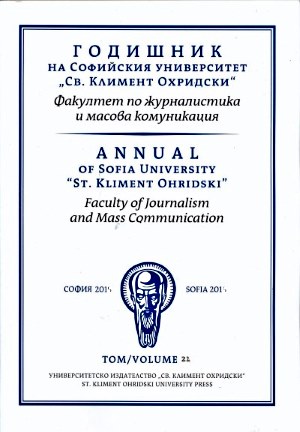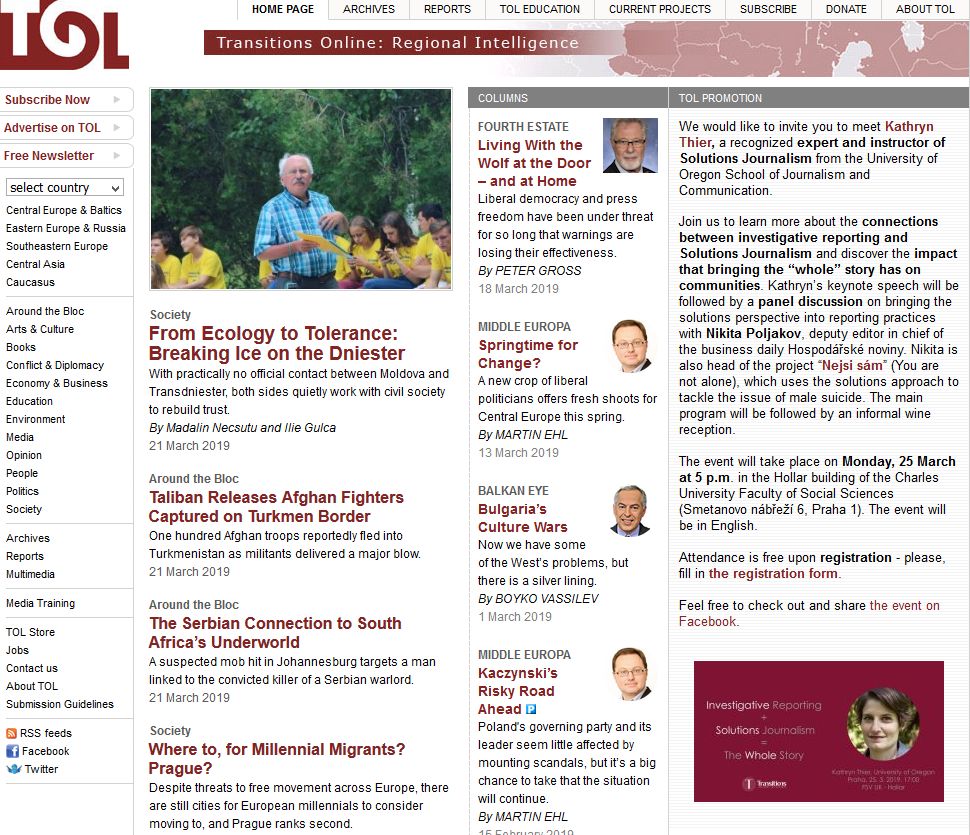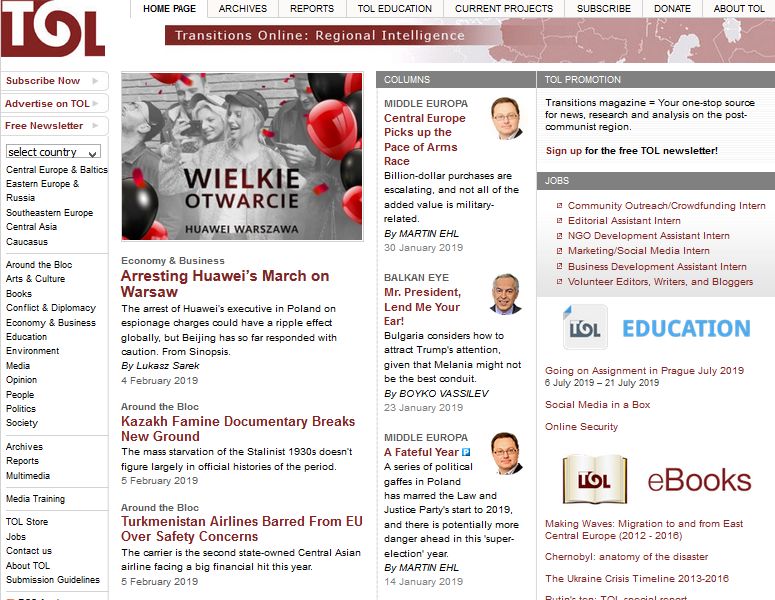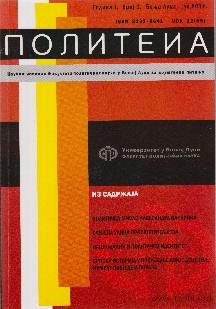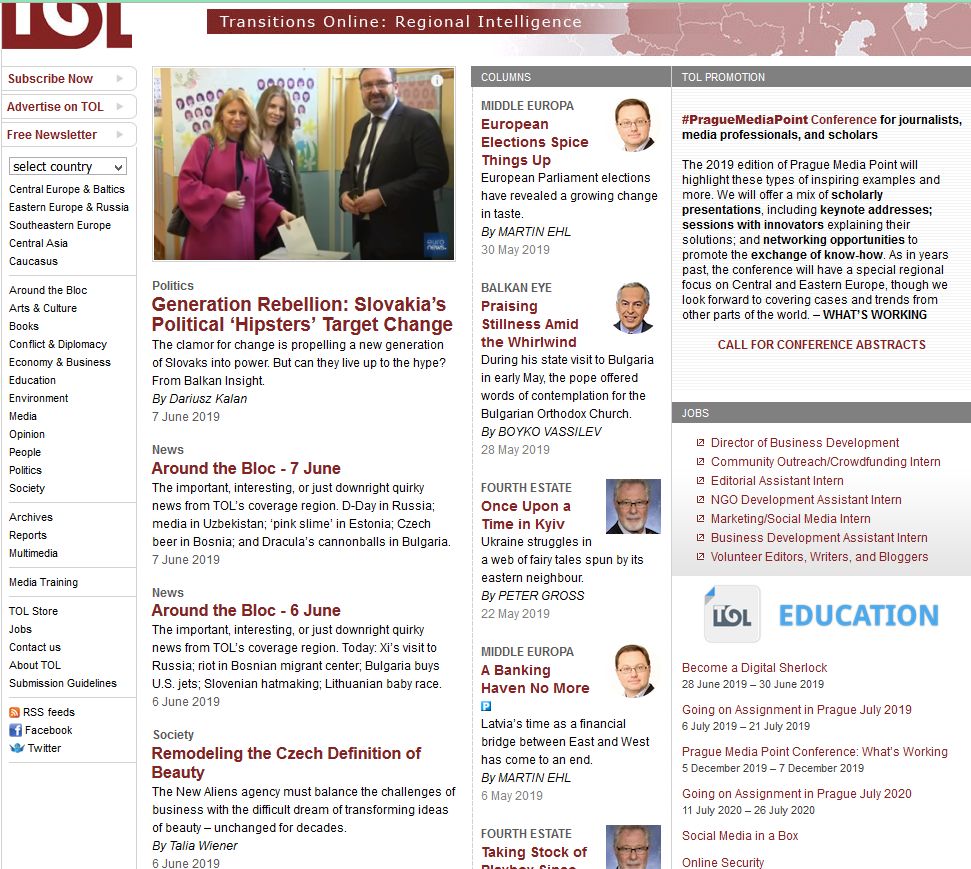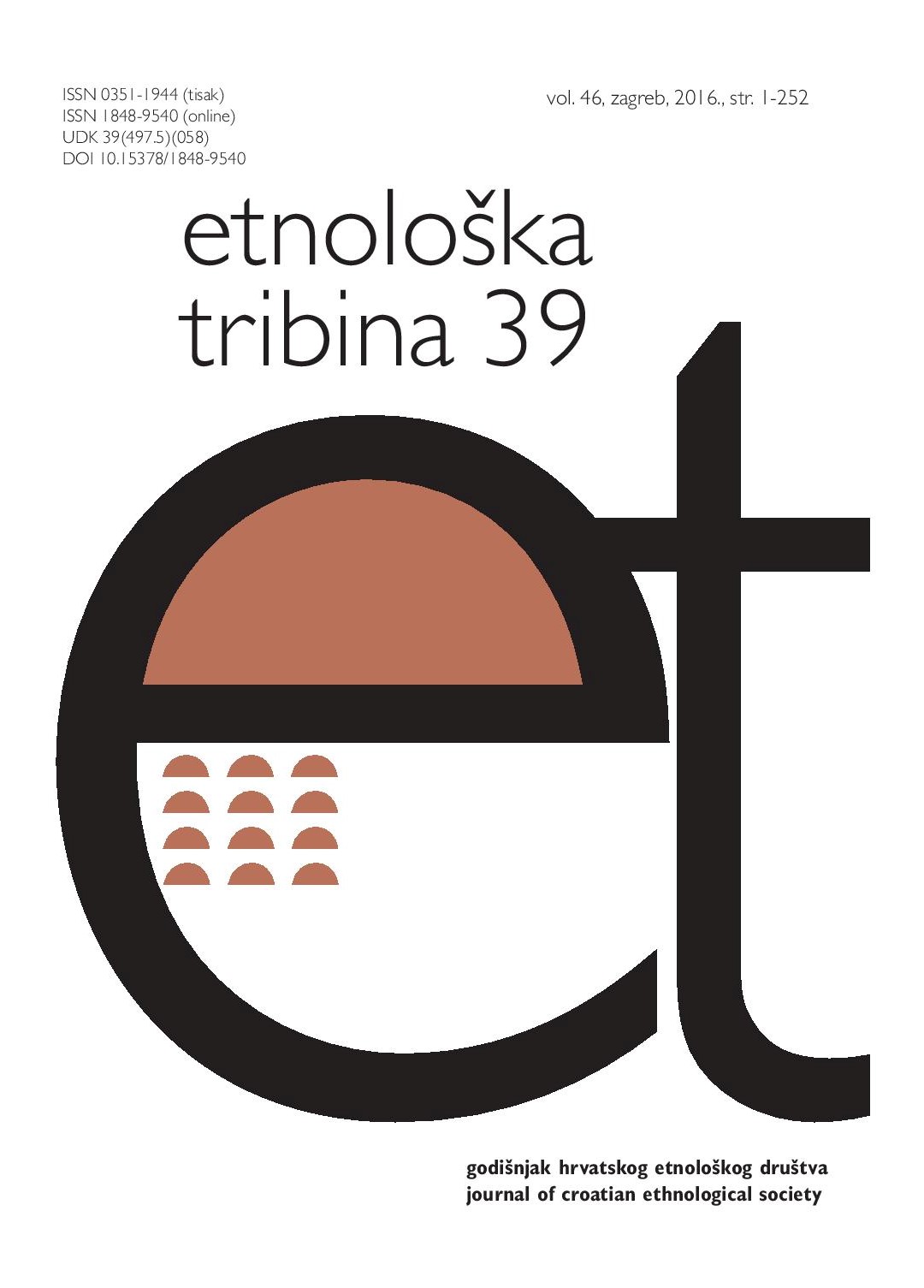
Croatian Language Standardization and the Production of Nationalized Political Subjects through Language?
This paper focuses on language policy and social changes which have taken place in Croatia during and since the 1991-5 war. I first describe the historical background, the war and the nineties being marked by excesses of linguistic purism and prescriptivism, alongside the formation of post-Yugoslav states in which national belonging was key to defining citizenship. Through examining the relationship between changing linguistic and social orders, I raise a number of issues for discussion. I argue that the legal framework of minority language rights has consolidated and legitimated a nationalist imaginary, increasing social divisions and reinforcing hierarchies asserted by some nationalists between national categories. For this reason, I suggest that the uncritical endorsement of or promotion of linguistic diversity can be dangerous. Second, in an activist-anthropological vein, I discuss possible reasons why academics trained in the social sciences and humanities have rarely participated in sociolinguistic debates concerning the new Croatian standard. I suggest such discussions could greatly benefit from interventions by social scientists, so as to bring sociolinguistics into contact with other strands of the social sciences and humanities and move away from what I believe to be a problematic policy focus on "identity".
More...
